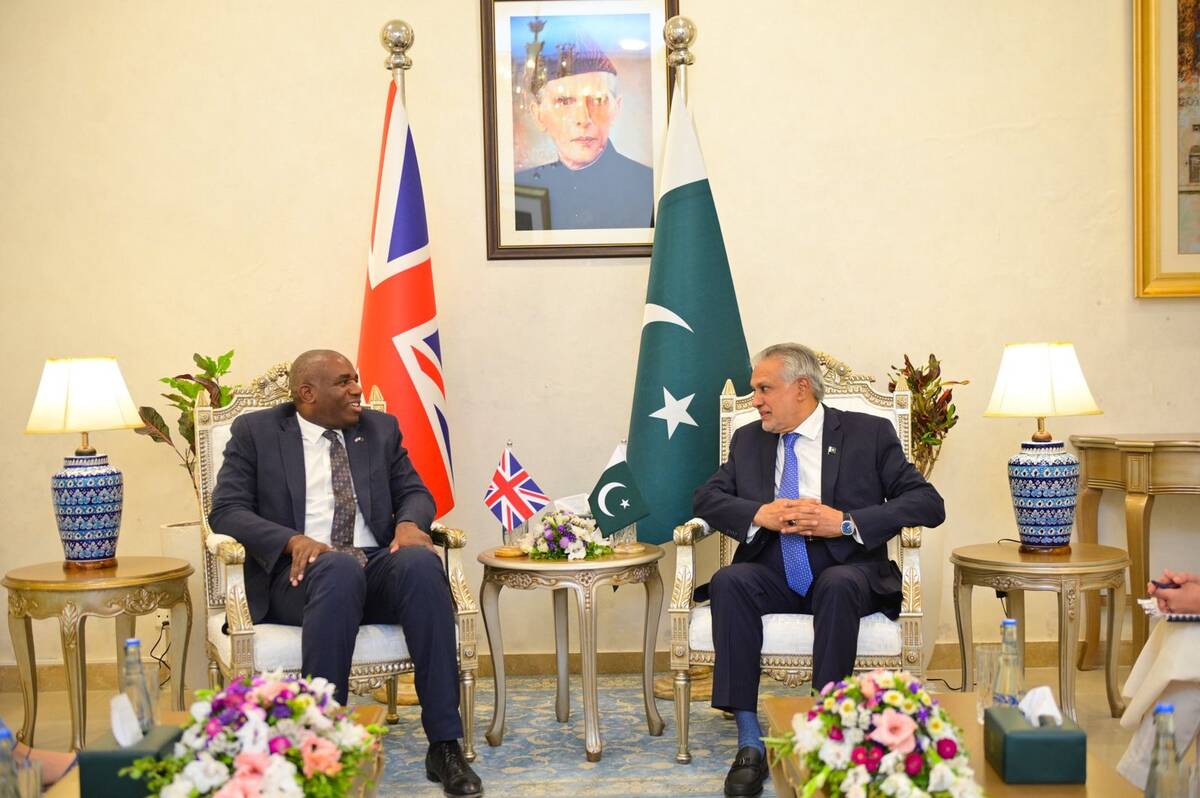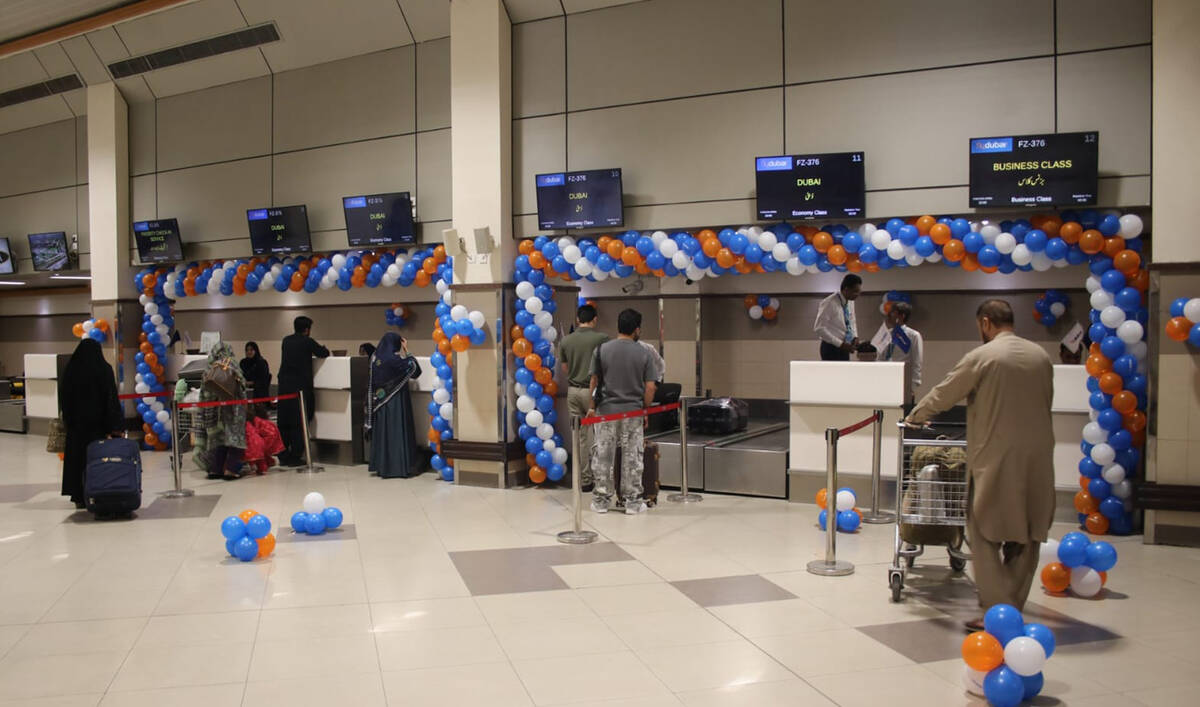ISLAMABAD: Pakistan’s top court on Tuesday sought replies from the government and bar associations in a case involving accusations levelled by six high court judges of intimidation and interference by the country’s intelligence agencies in judicial matters.
The Supreme Court of Pakistan took up the case after six out of eight Islamabad High Court (IHC) judges accused the Inter-Services Intelligence (ISI) agency of intimidating and coercing them over legal cases, particularly those with significant political consequences.
The judges provided various examples of alleged interference, including a case concerning Pakistan’s jailed former prime minister Imran Khan, and mentioned incidents where they said their relatives were abducted and tortured, and their homes were secretly surveilled, aiming to coerce them into delivering favorable judgments.
During the hearing on Tuesday, Chief Justice Qazi Faez Isa directed Attorney-General Mansoor Usman Awan to submit the federal government’s response in the case, ruling that if any intelligence agency or institution wanted to submit their response, they could do it until May 6.
“We all sitting in the court want to see judiciary independent,” he said. “Anyone in this court who doesn’t want judiciary’s independence [from external pressure], they can come forward.”
The development came after five high courts in the country, including the IHC, submitted their suggestions in the Supreme Court to prevent meddling of intelligence agencies in judicial affairs.
Chief Justice Isa also sought suggestions from the Pakistan Bar Council and the Supreme Court Bar Association before the next hearing.
“I will never accept any interference from any source and there has not been a single complaint since my assumption of this office to me or the SC’s registrar,” he said.
The letter by the IHC judges earlier stirred frantic debate in Pakistani political, media and legal circles that prompted Prime Minister Shehbaz Sharif to set up an inquiry commission late last month to investigate the accusations. But former chief justice Tassaduq Hussain Jillani, who was appointed head of the commission, recused himself, leading to uncertainty about the process.
Chief Justice Isa, who has repeatedly said that judicial meddling would not be tolerated, mentioned in Tuesday’s hearing that such interference could occur in multiple ways.
“Interference can be from within and without, from intelligence agencies, from one’s colleagues and family members or from social media,” he said.
The top judge maintained that judgments and court orders “shout” on their own if there was interference.
During the hearing, Justice Athar Minallah said there had been no interference during his time as a judge of the Islamabad High Court. He said this was a matter of public interest and a case involving the armed forces as they were the “defenders of the country.”
“We also have to maintain the image of our armed forces,” Justice Minallah remarked. “These are our soldiers who defend the country.”
The court ruled that no new petitioners would be made respondents in the case and adjourned the hearing till May 7.


















